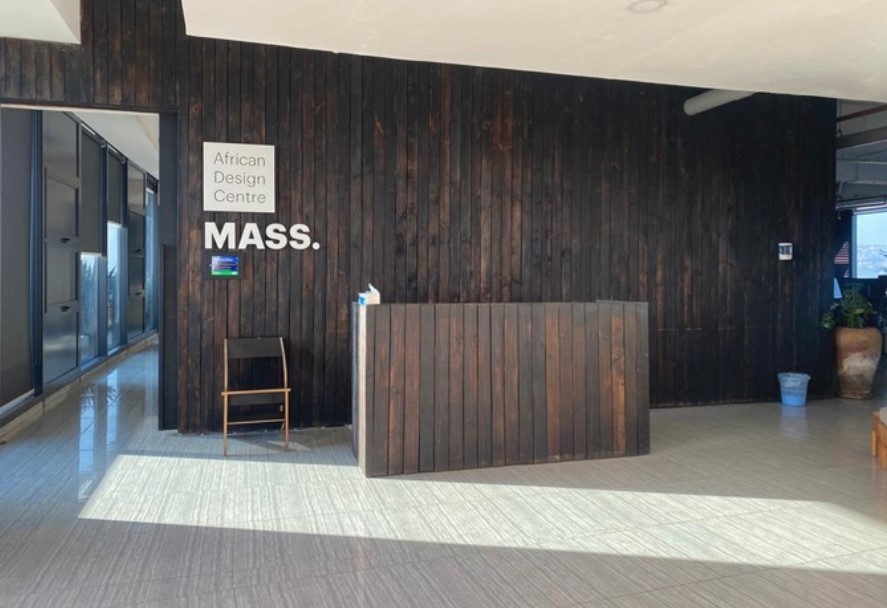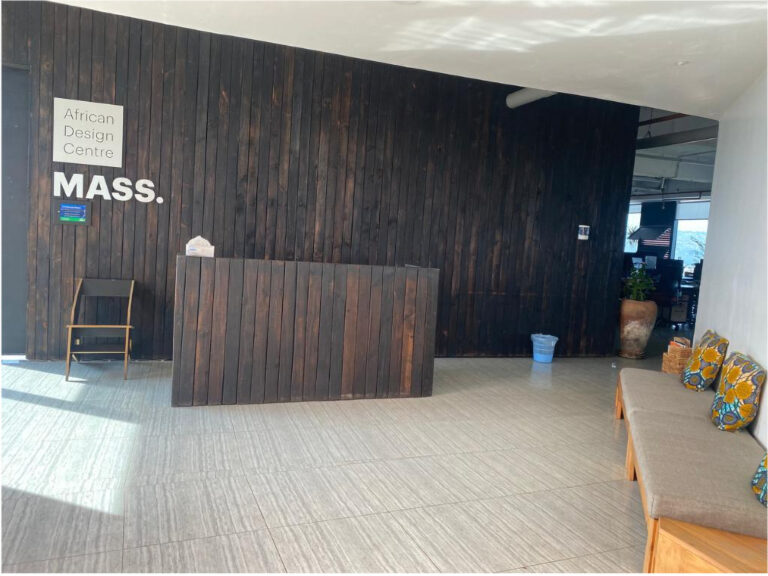Post Occupancy Energy and Environmental Quality – Monitoring & Evaluation
Buildings don’t always perform as intended. Gathering feedback from building operations can offer valuable insights that help building owners save operational energy, improve spaces and environments for occupants, and improve future designs.
For this project, Engineering for Change and MASS Design Group collaborated with Kumva to pilot an automated and scalable system in MASS’s Kigali office for monitoring and evaluating energy use, indoor air quality, and comfort. The project aimed to test the workability of the Kumva system, improve building operation, reduce energy consumption, and record lessons learned to apply to MASS’s future projects.
Relevant information was collected, including monthly electricity bills, floor plans, etc., for energy consumption. The office spaces were then modeled using EDGE and compared to the collected data. Monitoring devices were installed within the office to collect real-time data on indoor air quality, which was analyzed and compared against the internationally relevant standards. The data were then analyzed to identify drivers of energy consumption and benchmark efficiency measures to be taken. The outcomes show that the energy consumption obtained from the EDGE assessment was similar to a typical building in the region, with data showing approximately 40% of the office’s energy consumption happens over the weekends. This led to recommendations for energy savings, such as ensuring equipment is switched off when not in use.
Further studies are recommended to obtain more data and insights on indoor temperature and CO2 levels, as well as the influence of building envelope and building use on indoor environmental quality.

MASS Design Group’s Kigali office. Attribution: Diane Mumararungu
